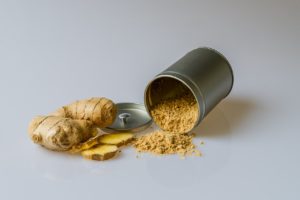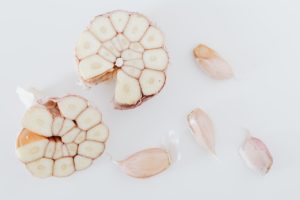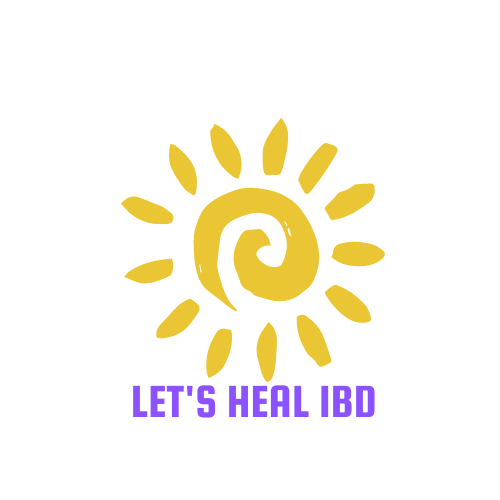What Harms Helminths?
There are a few foods, medications, and natural remedies that harms helminths. This week we are going to look into some items that could potentially harm, stun or kill your colony. And set back your treatment,
The helminth Wiki page has an amazing, and comprehensive list of items that harms helminths . PLEASE START WITH THIS LIST AS IT IS THE ONLY COMPREHENSIVE LIST AVAILABLE.
But it can be a bit long and daunting. I hope to summarize that list, and pick out items that I see as being ‘high risk’, as they are often consumed in normal life.
I recently discovered that I may have stunned, damaged, or killed my helminths. I drank many cups of raw ginger tea, many days in a row. I did not realize that raw ginger harms helminths. I did not notice it on the list. This is what has inspired me to write this post.
General Considerations
Human helminths are robust creatures. They can survive a lot of things, including most foods, natural remedies, and bad diarrhea. Relatively speaking, there is not a lot that harms helminths.
But there are a few things that have been shown to affect NA and TTO.
This post is only going to mention the food items that I feel are commonly eaten. And therefore pose the biggest risk to our human helminth colonies.
It is important to note that these food items do not harm all human helminth colonies equally. For example, coconut may harm one person’s colony, but not affect someone else’s. The amount that is consumed can make a big impact on how much a substance harms helminths.
You must make your own judgement on whether these following food items stun, or harm your own colony.
I plan to avoid all of these potentially risky foods. Until my IBD symptoms have settled, and I have felt some relief. Then I will carefully add one risky food at a time and monitor my symptoms. That way I can determine which ‘risky foods’ harm my own helminth colony.
In general most dietary amounts of most
foods, spices, and herbs. Are safe to consume. It is when large quantities like in herbal remedies, and concentrates that caution is needed.
Caution Foods
There are many more foods that are listed as caution foods on the helminth Wiki. PLEASE SEE THIS PAGE TO READ TEH FULL LIST. This is just a summary of what I see as the most commonly consumed, risky foods.
Please see the Wiki to make a fully informed decision.

-
Coconut products; especially coconut oil and milk. And also includes coconut fiber. This one seems to vary a lot between users. Coconut aminos and coconut sugar are from a different part of the coconut tree. And are not considered risky foods for helminths.
-
Diatomaceous earth
-
Digestive enzymes
-
Ginger: especially when consumed raw and in large doses. Does not seem to have anthelmintic properties when cooked.
-
Honey: not all honey is created equal. The more unfiltered, unprocessed, raw the honey is, the more risk it may pose to your colony. Manuka honey is the highest risk to NA users.
-
Oregano oil: this is a natural medicine that has strong anti-helminthic properties. If you follow Jini Patels oil of oregano protocol, be aware.
-
Papaya seeds: may be found in digestive enzymes, please note the fruit does not have anti-helminthic properties.
-
Pumpkin seeds and oil: usually only harms helminths when consumed consistently. Or in large quantities.
-
Sauerkraut: the food itself is not anti-helminthic. But some users have had negative effects to their colonies.
- Anti-biotics including (but not limited to) cefazolin and levofloxacin
Any medicinal quantities of herbs or spices, please see the Wiki. There are many medical herbs that may affect helminths. Including cinnamon, clove, sage, peppermint, and holy basil.
Foods You May Worry About Unnecessarily

There are many websites where you can look up parasite cleanses. Or anti-parasite detoxes. But in reality, NAs and TTOs are quite hardy. There may be a few foods that you think you need to worry about, but don’t.
These could include foods like garlic, turmeric and probiotics.
Garlic is well known for its natural antibiotic, and varied healing properties. But it has been found by users to not affect helminth colonies, even when consuming up to 10 cloves per day.
Turmeric is also a well known medicinal food. It is widely used as an anti-inflammatory. It has not been found to harms helminths. Take care if taking a curcumin supplement though. As this active compound occasionally harms helminths.
Probiotics were one of my main concerns when I began taking helminths. It has been found that probiotics do not affect NAs or TTOs. Although some probiotic strains are known to affect HDCs.
That is my summary of some frequently consumed foods that harms helminth colonies. Manuka honey, coconut products, and raw ginger. Are all items I normally enjoy consuming. But can damage human helminth colonies.
And unfortunately for me, it seems I have had to learn that lesson the hard way. A few cups of raw ginger tea may have damaged, or killed my small NA colony.
